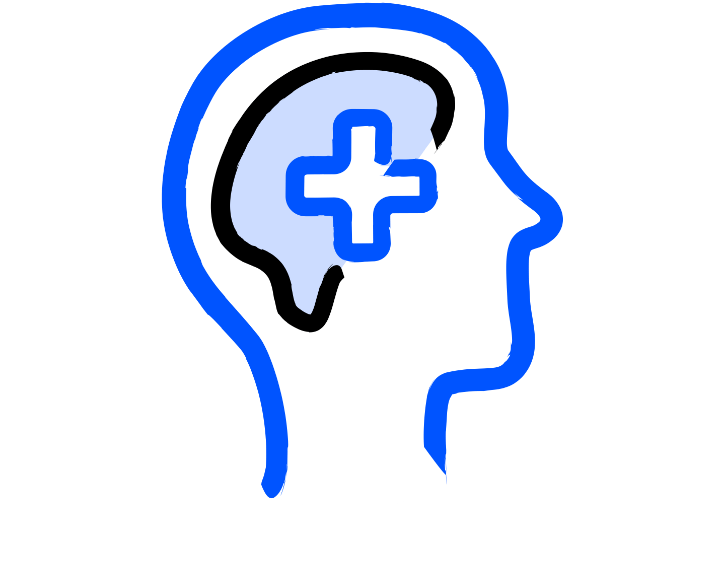
Bell annually runs its #BellLetsTalk campaign, raising awareness and helping to combat the stigma surrounding mental illness in Canada.
Living with type 1 diabetes (T1D), whether it’s you, your child, a friend or loved one, has an impact that extends far beyond physical health. The stress of managing a chronic condition, both from the time of diagnosis and even decades later brings with it challenges to overall wellbeing. Mental health challenges are common for people with T1D, at any age.
#BellLetsTalk day is January 26, 2022. We use this day across the country to amplify and recognize the importance of treatment for mental health issues, including for people with or affected by T1D.
Living with T1D
T1D is a chronic autoimmune disease that can be diagnosed at any age, but most commonly in childhood.
People living with T1D must follow a strict lifelong treatment plan that includes constant blood sugar monitoring, counting carbohydrates and taking insulin multiple times a day to stay alive. There is no treatment beyond insulin, and no cure.
T1D can impact mental, emotional, and psychosocial health

Mental health represents one of the most pervasive health issues affecting Canadians today. Combined with a chronic condition like T1D, feelings of anxiety, stress and depression are often intensified.
T1D frequently impacts a person’s emotional, social, and behavioural health, known as psychosocial health. One in five youth with T1D experiences anxiety and, compared to those without the condition, people with diabetes are more likely to experience depression or develop an eating disorder.
Diabetes can feel like a ‘hidden’ disease and isolating and lonely – particularly for kids and teens.
Traditionally, healthcare for T1D focuses primarily on managing glucose levels to help stave off potential diabetes-related complications. The mental health challenges that can accompany the condition are often overlooked, and this can affect overall health.
Many people with T1D suffer what is known as “diabetes distress” – a term describing the powerlessness, stress, guilt, relentless worry, and denial that comes with the constant self-management required to maintain balance with this disease.
We also know that under-served mental health issues can lead to higher HbA1c and an increased risk of complications, yet despite this – mental health care remains a gap in Canadian healthcare for people with T1D.
How JDRF Canada is addressing gaps in mental health care for people with T1D

In January 2021, JDRF Canada launched its $100 Million Campaign to Accelerate, which includes a six-pillar approach to funding research and other programs that accelerate towards cures and improving lives for people living with T1D today. One pillar of the campaign is dedicated to addressing mental health issues and expanding support to the T1D community.
In late September 2021 JDRF Canada’s mental health strategy was formally launched.
It is an ambitious plan that initially includes five areas of focus: funding research to test psychosocial interventions, providing education about psychosocial issues in diabetes to health care providers, supporting postdoctoral fellowships for clinical psychologists in training, providing support and resources for people living with T1D, and developing and launching a virtual training program about diabetes for registered mental health care providers.
JDRF will also be developing and launching a directory to connect the diabetes community to providers that understand their unique mental health needs.
JDRF will partner with various diabetes and mental health organizations, including those that serve people living with type 2 diabetes
The virtual training program on diabetes and mental health for mental health care providers will begin later this year. If you are a mental health provider interested in learning more, please contact: mentalhealthstrategy@jdrf.ca
Additional JDRF Resources
From diagnosis to daily life years after, having a community and connection to others affected by T1D offers critical support and lets them know they are not alone.
To help foster and grow the T1D community across Canada, JDRF has a strong community engagement team that works to offer the following sources of support:
- Our virtual Let’s Talk T1D series, which includes a Connection Series moderated by volunteer with T1D and offers a space safe to share.
- Talk T1D – a mentorship program that provides one-on-one support to families who are impacted by T1D from trained volunteers who have been there.
- Our Youth Ambassador advocacy program for kids between 4 and 18 who want to share their T1D stories and inspire their communities, increase awareness of T1D, and join hundreds of kids across the country to help JDRF fundraise for a cure.
- Our mental health resources section.
On #BellLetsTalk day, as we work to reduce the stigma around mental health issues, we recognize that psychosocial and mental health is a key component of overall health and should be integrated into a holistic healthcare plan for all Canadians affected by T1D.



